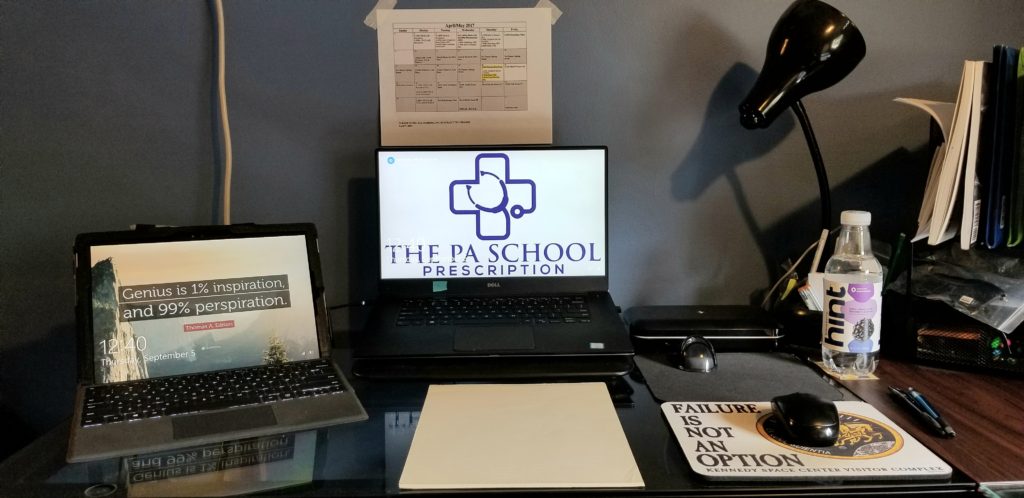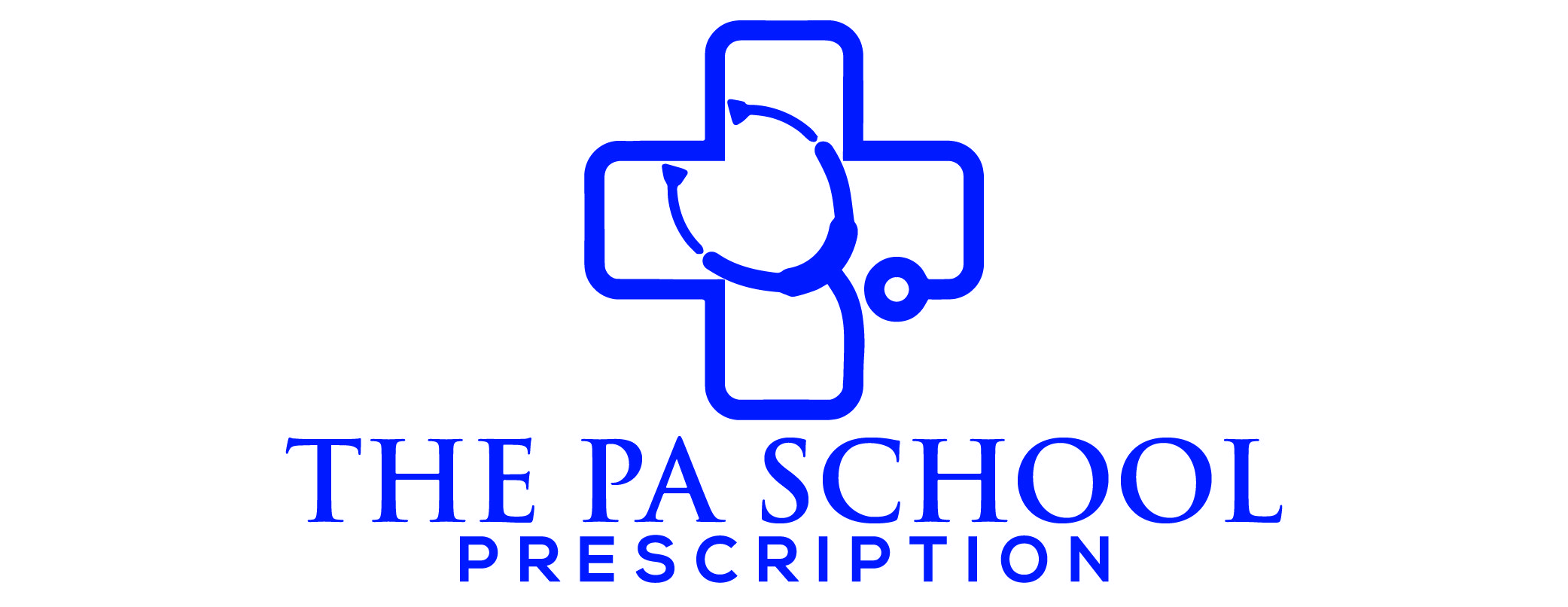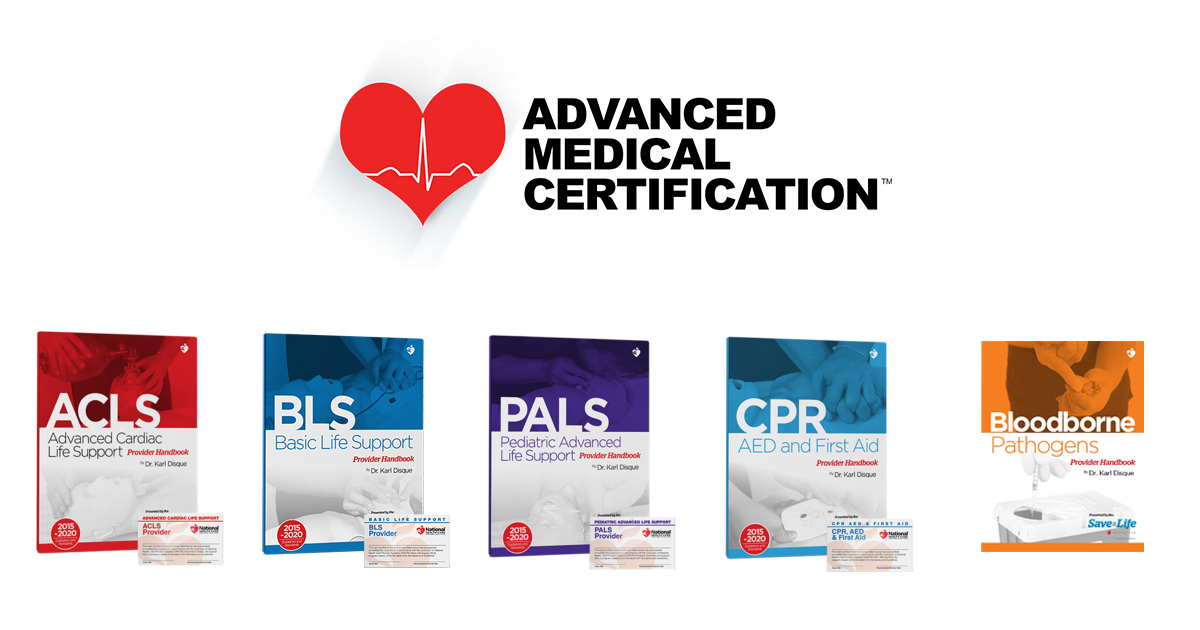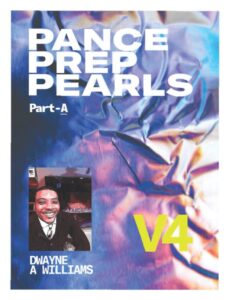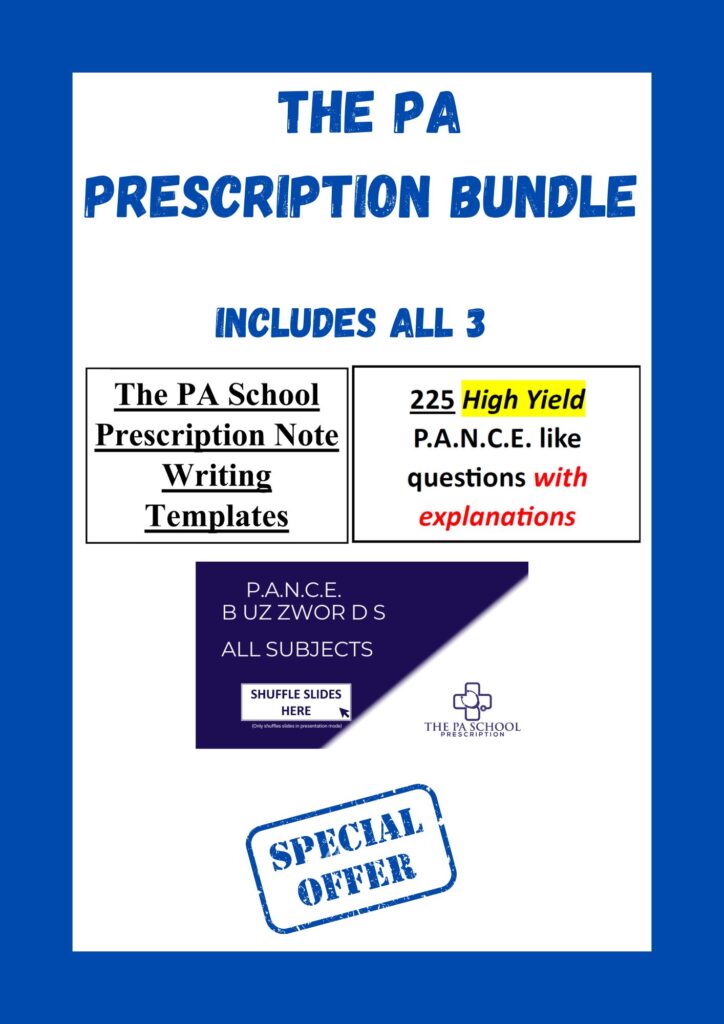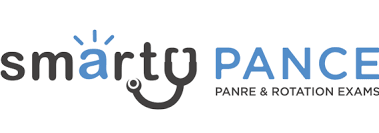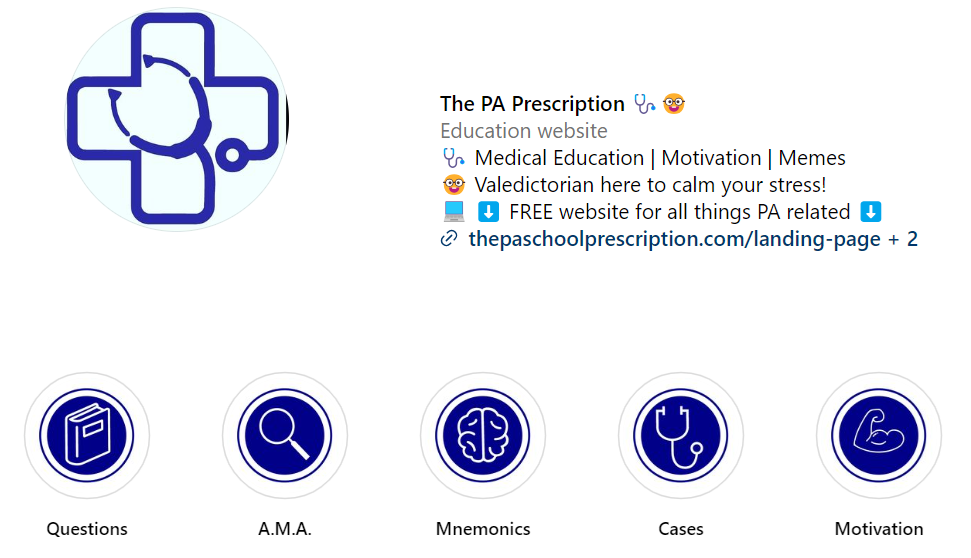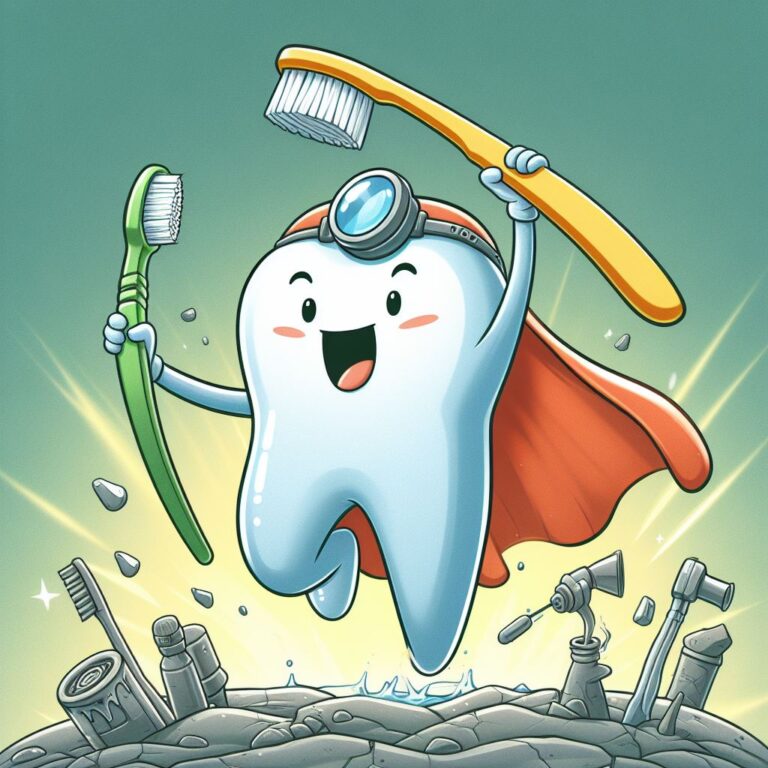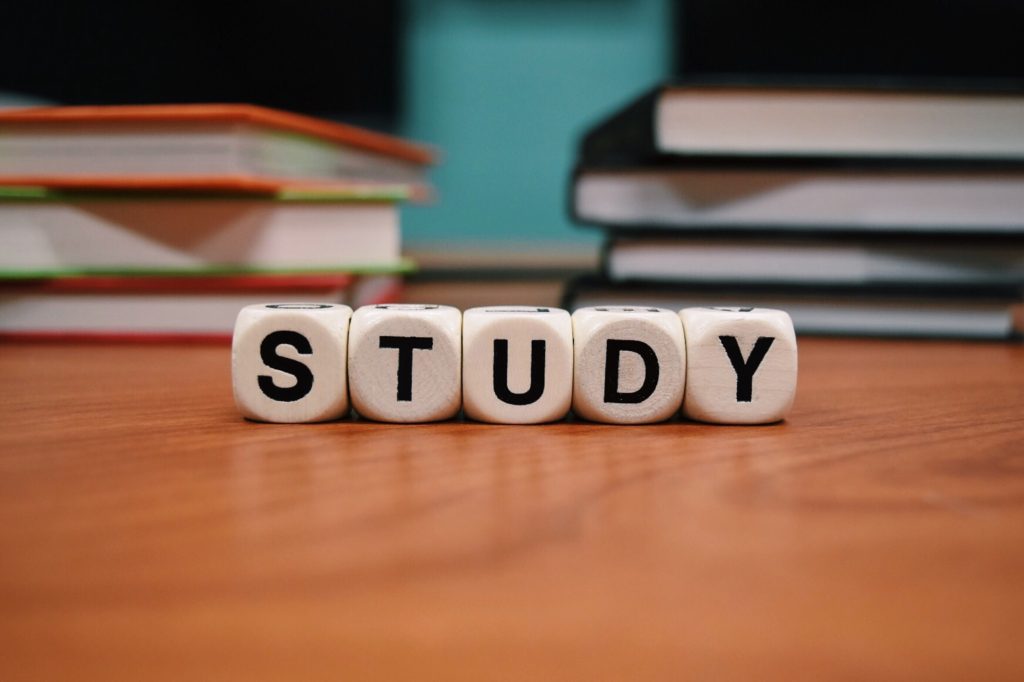
Important Study Habits to Have for PA School
It’s no secret that Physician Assistant school involves a lot of studying. To make it through, you have to be disciplined with your study habits. After taking multiple vigorous pre-requisite classes, you should be comfortable and know the best way you consume information and remember it. If not, the website V.A.R.K. will help you determine the best way to study after a simple short questionnaire. This way, you excel at material recall. V.A.R.K stands for Visual, Aural, Read/Write, Kinesthetic. After this questionnaire, you will determine what type of learner you are to best study medicine. After my 2.9 GPA undergrad freshman year hiccup, I used V.A.R.K. to better understand what I could do differently to study, and over time I definitely saw a difference.
Featured in this blog post are study habits that I utilized in order to succeed in school.
Set yourself up for success
Making a game plan the night before can be extremely helpful to organize the next day. Utilizing ALL the time you can throughout the day will pay dividends when it comes to test time. An example of this is meal prepping for the week on the weekends. If you know you have exams and long days of classes coming up, instead of taking time out of your study schedule each night or running out to the deli between classes, I recommend taking 90 minutes once on the weekend to meal prep. Therefore, all you are waiting for is the clock to hit zero on the microwave instead of stressing out asking yourself, “What am I going to have for lunch today?”
If you read my bio, you know I applied to 14 schools and was all in on PA school. There was A LOT of preparation, sacrifices, long days and nights that went into applying for, and ultimately getting accepted into school. Therefore, I only had two options with regards to becoming a PA……
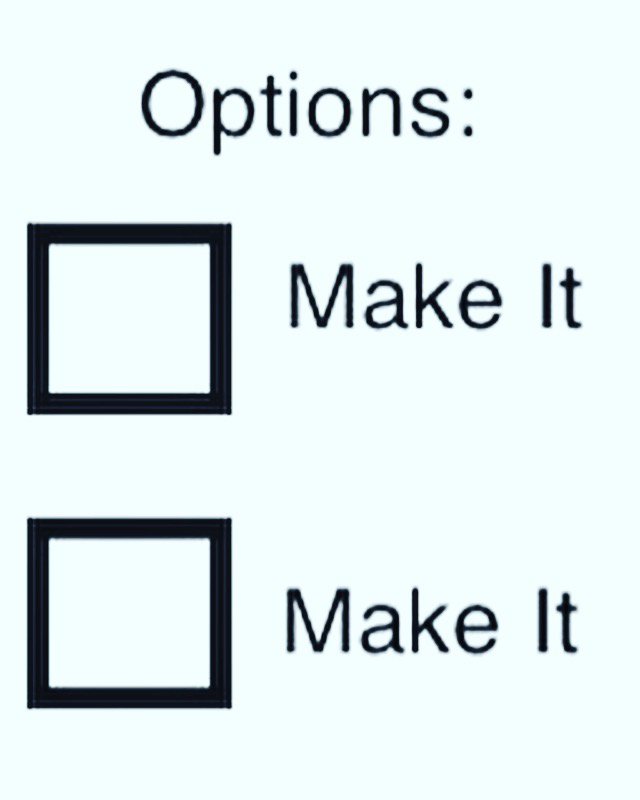
What study environment works best for YOU?
By now you should know what kind of atmosphere works best for you to study. Is it at home? Local starbucks? Library? Etc. The point is, everyone is different when it comes to absorbing material. For me, I need absolute silence when I’m studying so I can start putting the pieces of information together. Therefore, studying at home worked best for me. I was able to LIMIT MY DISTRACTIONS which included keeping my phone across the room, TV off, and facing a wall and not a window. For me, I had an “L” shaped desk with everything I needed to study right in front of me or accessible so I didn’t have an excuse to get up. Besides my Microsoft Surface (which was given to students by my school) and my laptop, all additional hands-on resources were an arms reach away. Another piece of equipment I added to my arsenal was PhoneSoap. Because I am constantly throwing my cellphone on surfaces that are full of germs what’s better than a cell phone sanitizer device that also allows cell phone charging? And lastly, because I knew I would spend hours upon hours in one spot studying, I made the best investment of getting a HoMedics HEATED foot massager. Who doesn’t love a good foot rub while learning about Diabetes?
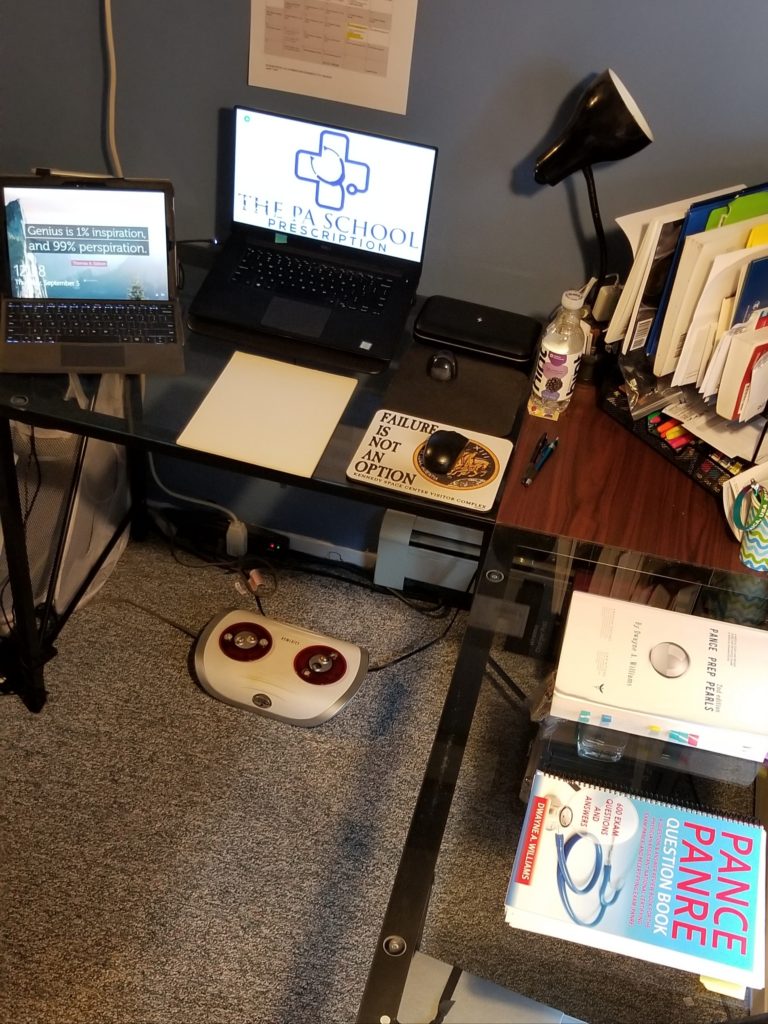
Get into a routine
Habits are hard to break, so if you establish them early in school, you set yourself up for the remainder of your didactic year. My study routine involved studying the class PowerPoint slides; then moving onto a video on the subject so I could get a better visual understanding; then over to PANCE Prep Pearls to fill in the blanks for “need to know” information for anything I missed; then supplementing additional resources / books if warranted; then finishing with questions. This is similar to how I designed this website in regards to using my topic review pages as an adjunct to your didactic notes.
PowerPoint –> Video –> PANCE Prep Pearls –> +/- Adjunct resources –> Questions
Again, the above method worked for me, but that doesn’t mean it is universal.
I would usually study in increments of 50-60 minutes then take a short break. In that break I would do something non-medical related that included a short home workout, cooking, table tennis if on campus, etc. Depending on the time of day, as well and if I was hungry, I would replace my notepad with a dinner plate and treat myself to a bootleg version of a “dinner and a movie.” I would open up YouTube, OnlineMedEd, or another video platform and watch more videos on the topic I just covered.
I used the platform Microsoft OneNote to take notes in class which made it easy to alternate between multiple devices. In class, I primarily used my surface because it was more mobile and lighter than my laptop. Above my laptop my schedule was always on the wall to keep me on track and aware of upcoming exams and vacation time.
